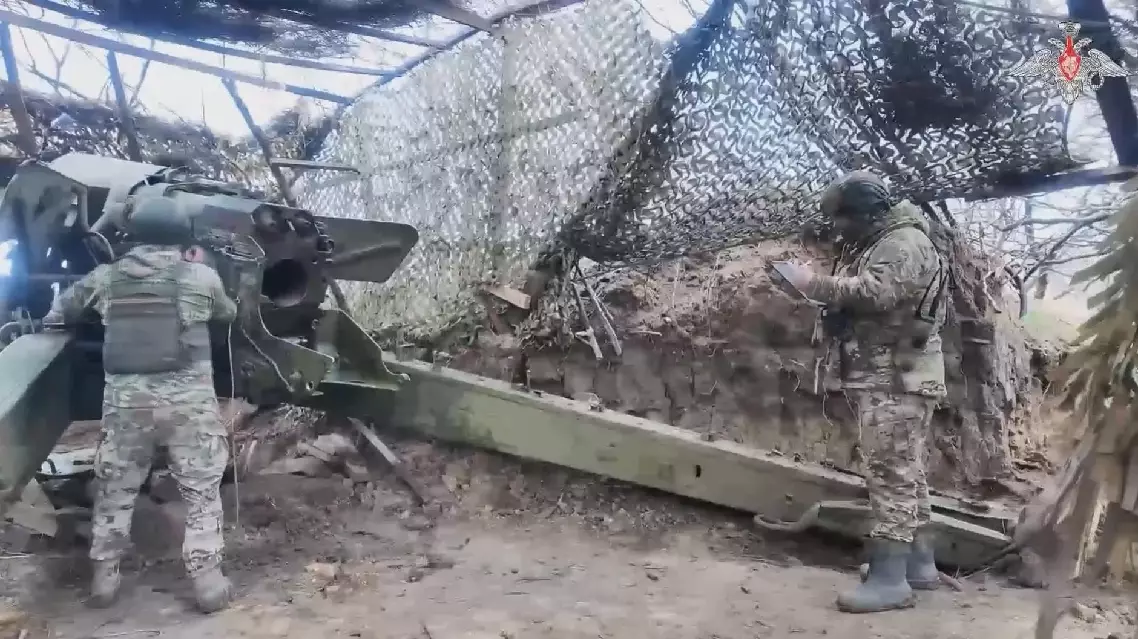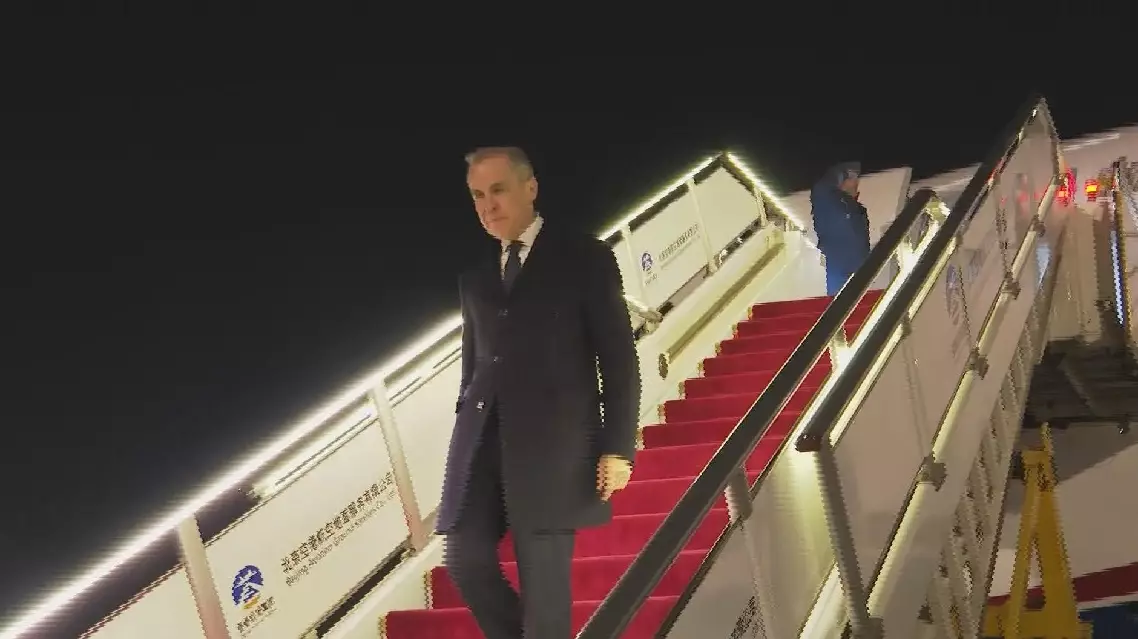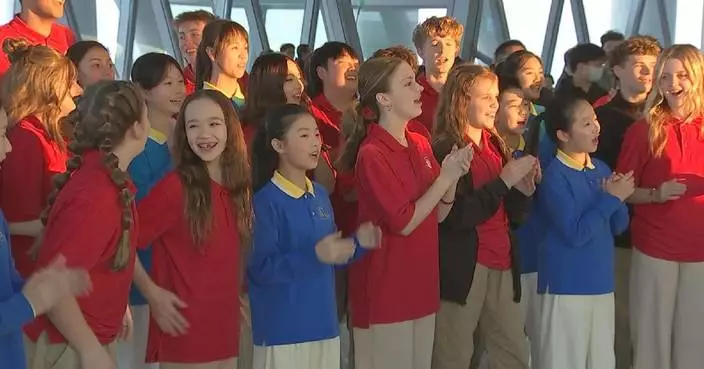Russia and Ukraine continued to trade fire on Thursday as peace talks between the two sides have been set to be held in Istanbul, capital of Türkiye amid lingering differences.
The Russian Ministry of Defense reported on Thursday that the Russian forces had taken control of two more settlements from Ukraine and struck targets including Ukrainian military airfield infrastructure, ammunition depots, and temporary deployment points.
Russian air defense units shot down over 100 Ukrainian drones and intercepted several aerial bombs, the ministry said.
In addition, the Russian forces destroyed a Ukrainian unmanned boat in the Black Sea, it said.
The General Staff of the Armed Forces of Ukraine reported that as of Thursday afternoon, dozens of clashes had occurred between Ukrainian and Russian forces along the front lines, with the fiercest fighting taking place in the Pokrovsk and Novopavlivka.
The Ukrainian forces repelled multiple Russian attacks, the Ukrainian side said.
Meanwhile, Ukrainian President Volodymyr Zelensky said on Thursday that a Ukrainian delegation will attend the peace talks in Istanbul with a commitment to ending the conflict with Russia, though he would not personally show up at the negotiating table.
Also on Thursday, Vladimir Medinsky, head of the Russian delegation and senior aide to President Vladimir Putin, said that his team has the necessary competencies to conduct negotiations and will focus on "finding possible solutions" and common ground through a constructive approach.

Russia, Ukraine continue to trade fire amid planned peace talks in Türkiye









